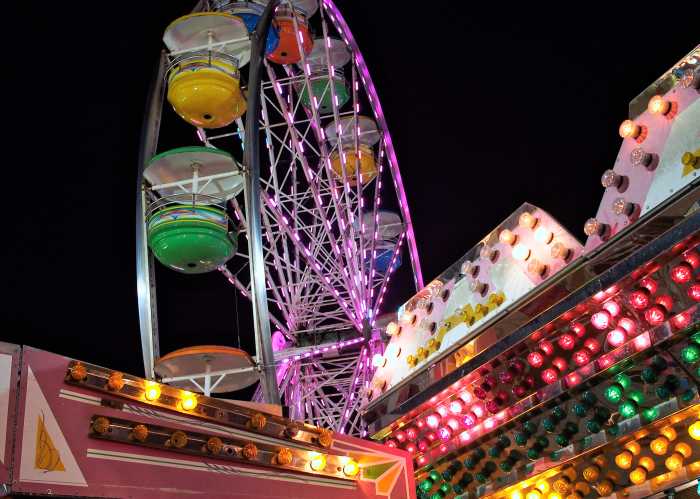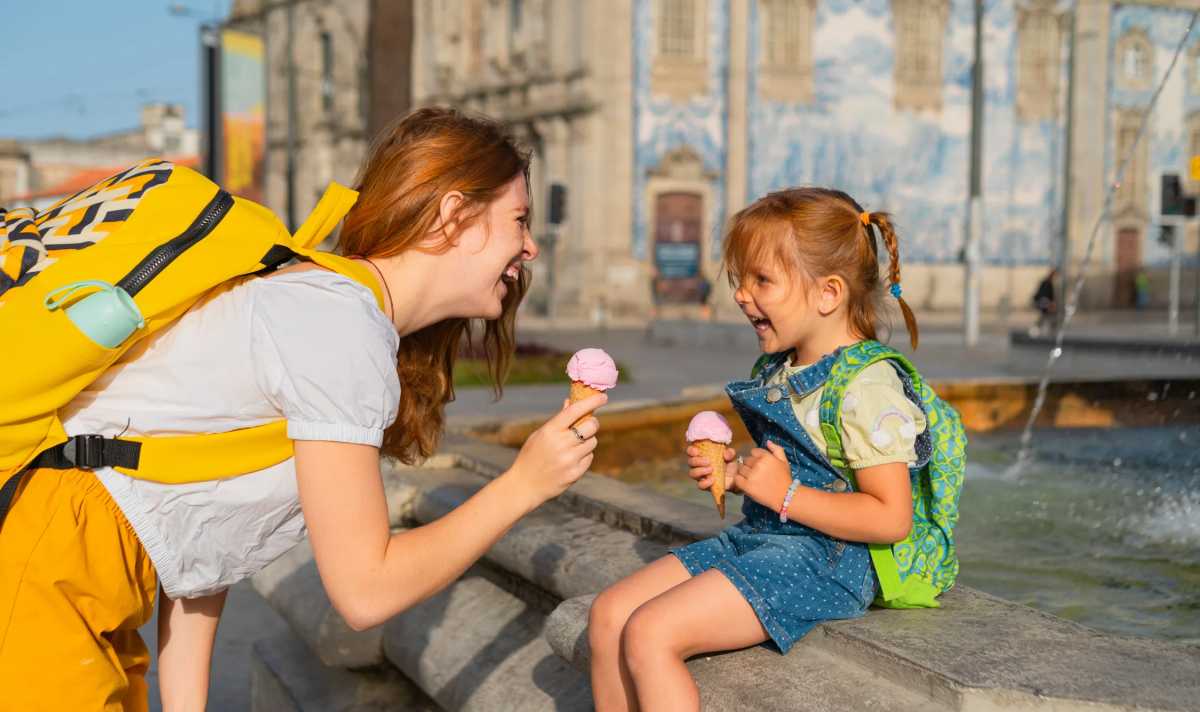
In the spring of 2015, the bookstore Bluestockings hosted an event for the fourth edition of “This Bridge Called My Back,” a collection of writing by radical women of color originally published in 1981. Guests crowded into the space to see co-editor Cherrie Moraga and various contributors speak about the work. Eventually the shop’s door was propped open and the microphone cranked up so that those on the street could hear the talk.
“It was so powerful. I just felt like, wow, this space is so important,” recalls Corey Farach, who spent the evening huddled behind the shop’s counter to free up floor space. “The community elders were coming in to talk and everyone in the room was getting in touch with this radical feminist literary tradition in a very beautiful way.”
A volunteer at the time, Farach became captivated with Bluestockings’ mission and soon stepped up to be one of now-six collective members who help run the bookstore, fair trade cafe and event space.

Bluestockings opened as a feminist bookstore on the Lower East Side in June 1999. It shuttered briefly in 2003, when activists took over and broadened the types of books sold, with titles in feminist topics, as well as radical politics and activism.
They also remodeled the space to open it up. There are no typical narrow floor-to-ceiling bookshelves in the center, but rather movable book carts and tables to make room for nightly events at the radical hub.
“We’re a free event space that prioritizes the narratives and experience of people of color and gender-nonconforming people,” Farach says of the store, which hosts authors, poets and others who may not have access to traditional (read: expensive) venues in New York. “We try to make space for people to speak to their experience.”

Fifty or so volunteers help run the space, assisting with everything from book sales, staffing events and running social media to flyering in the neighborhood and brewing coffee. Technically, Bluestockings is a for-profit business, “we just don’t really make any profit,” Farach says with a laugh.
The cafe is designed as a space for people to gather, organize, read and even play board games.
“There’s no such thing as an online transaction that gives you what you get when you walk into a small bookstore,” Farach says.
The books are organized into categories like Feminist Fiction, Post-Colonial Fiction and self-published zines.
“All the literature is kind of purposed toward two things: giving people the tools to develop a kind of critical consciousness to analyze intersecting lines of oppression in our culture and around the world, and showing people who have experienced marginalization narratives where they recognize themselves on the shelf,” Farach says.

Between 5,000 and 6,000 titles are curated to fit these themes. All the titles adhere to the shop’s Safer Space policy (posted near the entryway), and items like recycled paper journals, patches, pins and alternative menstrual products supplement the literary goods.
Farach emphasizes that there is never any pressure to buy anything when visiting Bluestockings — some excellent books are expensive — and browsing is highly encouraged.
“The books are here because we think it’s important that people read them,” he says.

FAST FACTS
- Bluestockings takes its name from The Blue Stockings Society, a women’s literary discussion group founded in 18th-century England.
- Year-over-year, Bluestockings has the same best-sellers: “The Ethical Slut” by Dossie Easton and Janet W. Hardy, “The Dispossessed” by Ursula K. Le Guin and “All About Love” by bell hooks. Anything by Maggie Nelson also sells well.
- In honor of its 20th birthday this year, Bluestockings will plan special events, as well as launch a campaign for people to become monthly sustainers of the bookstore.
- Anyone can volunteer at Bluestockings. Those interested can drop into the store to fill out an application and use their talents, whether it’s graphic design, organizing or making coffee.
- A former Bluestockings collective member recently opened their own bilingual bookshop and community space in Bushwick, called Mil Mundos.
- Bluestockings is located at 172 Allen St. For more info, visit bluestockings.com.





































